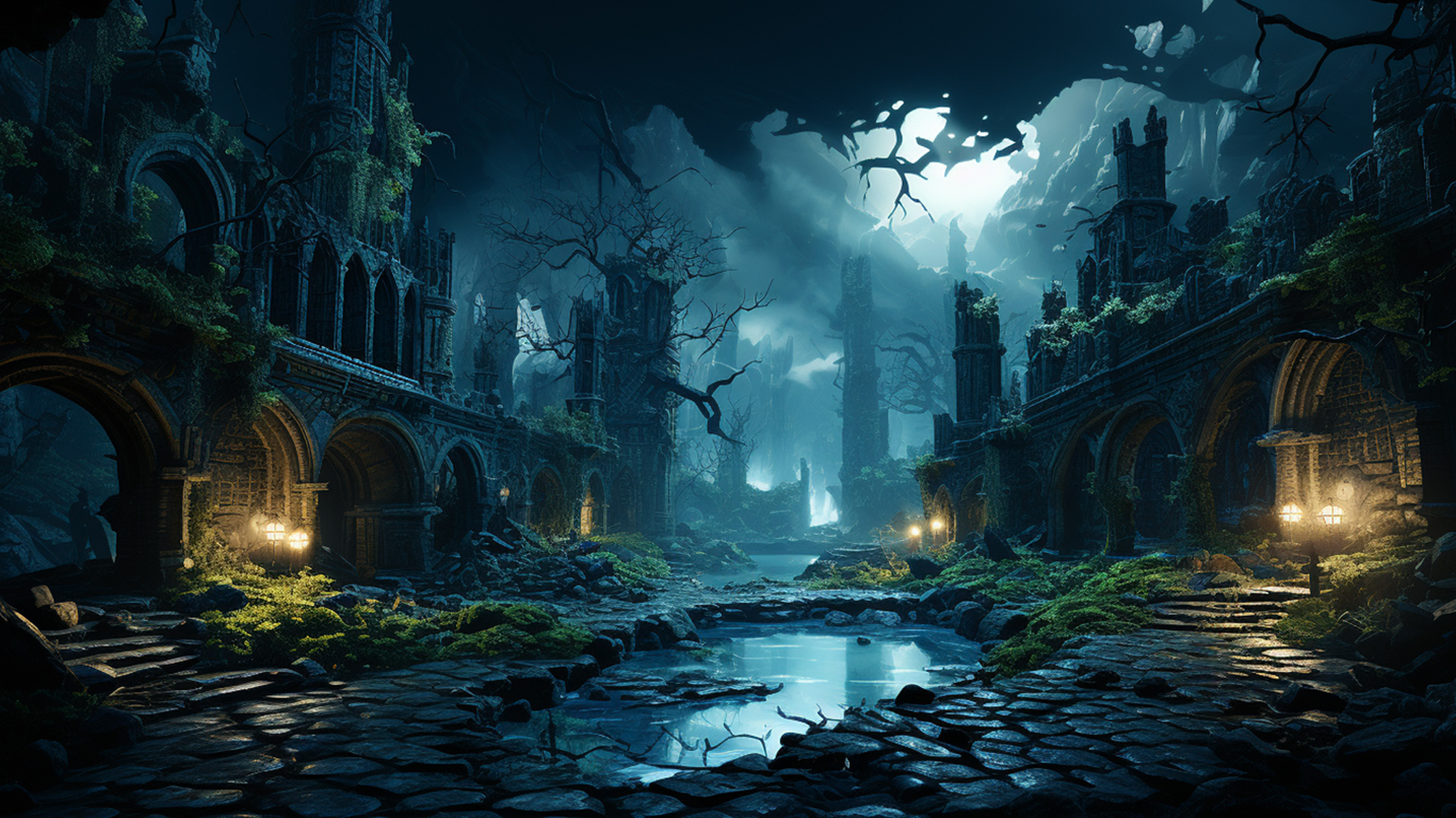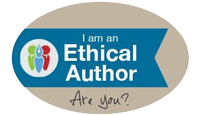Reader Reviews: The Writer’s Cheerleaders.
The modern world seems to revolve around reviews these days, and very helpful that is too — especially when booking a hotel in a place you’ve never been.
If you are in luck, someone exactly like you has left a concise and insightful review of the place you were hoping to stay. It covers all the pertinent advantages, a brief mention of drawbacks, and shares tips about secret spots undiscovered by the ‘tourists,’ a term which the reviewers would obviously never apply to themselves, nor you apparently. Brilliant!
The booking secured, you are then free to indulge yourself in scanning some of the other reviews, and marvelling at the silly and wonderful things that people write. The comments often reveal far more about the reviewer than the establishment itself. You know the sort: ‘it’s a great beach, just too sandy…’ or ‘we bought designer sunglasses from the market and later found out they were fake…’ or this, of the Great Wall of China, ‘it was to damaged when it is fixed i will come again.’ My top tip is to look out for one star reviews — they are a genre all of their own, and always great for a giggle.
As far as the publishing world goes, reviews have always been a driving force. A glowing review from the establishment critics, published perhaps in The Washington Post or The Times Magazine, can be the herald of literary fame and fortune — cue trumpets. But things are a little more complicated these days, and a lot more interesting. It is not that the gatekeepers have entirely lost their power over which authors get acclaim — the Booker prize is certainly still a thing (even if they can’t quite bring themselves to pick a winner) — but, all of a sudden, ordinary readers are getting their say about what makes a good book.
Forums enabling readers to share their opinions have proliferated in past years and include: Goodreads, Facebook, Twitter, YouTube, Instagram, Reddit, Tumblr, Library-Thing and Pinterest, among others. Book bloggers, vlogs and podcasts have become important influencers, helping readers find books they will enjoy. Literary merit comes as an optional extra: you can either take it or leave it.
Not surprisingly, some members of the establishment have found themselves somewhat perturbed at the new arrangement. ‘Not everyone’s opinion is worth the same,’ bemoaned a previous Man Booker Prize judge Sir Peter Stothard, and he went on to warn that bloggers and the like might encourage people to buy and read books which are ‘no good.’ Of course the question which should be on everybody’s lips is: good, according to whom?
Anyone who has dragged a Year Ten Literature class through all 54 chapters of Jane Eyre knows a bit about how reading tastes vary according to context and audience. I can tell you, no amount of tap dancing was able to sell that tome to teenagers on a Friday afternoon, some of whom were surreptitiously ‘sneak reading’ copies of Twilight under their desks. You pretty much know you’ve lost your audience when the best engagement you can muster is a competition to see who can find the longest sentence. High culture? Absolutely. On fleek? No way.
Literary critics would no doubt argue that they know better than readers. They are highly trained after all, and if we are talking about judging a literary prize, then I would agree wholeheartedly. Yet a dip into any of the many genre-based facebook groups reveals that fans also have a quite stunning knowledge about books, some of which is much more meaningful to the average reader. Not only do fans know what they like, they are also able to make highly specific recommendations to others, down to the level of sub-genres, setting, number of dragons, or explicit language.
I’m not sure I want to go so far as to divide reviewers into two camps: the gatekeepers vs the cheerleaders. However, I do think that one group, the gatekeepers if you like, seems hellbent on keeping writers out of the game. Wielding the great sword of quality, forged in the fires of cultural capital, they roar, ‘You Shall not Pass!’ Meanwhile, the other group acts more like a friendly support crew, ferreting out new books, latching onto their heroes and actively cheering them on as active participants on the journey.
For all authors, and particularly indie authors, reviews are absolutely crucial to building a readership, and therefore being able to afford to continue working on their writing. I would argue that reader reviews and professional editorial reviews are equally important, and equally nurturing for writers. Of course I was absolutely thrilled when, after a weeks of nail biting, I received a 5 star review from the Wishing Shelf in the United Kingdom, and I confess to dashing about the house in great excitement. But I will always treasure one of my very first reviews ever. It came via facebook video, from one of my daughter’s friends. She had stayed up reading Taelstone to the early hours of the morning, even though she was studying for postgraduate exams at the time. Her assessment was insightful, thoughtful and heartwarmingly enthusiastic, in spite of the dark rings under her eyes. But my favourite bit went like this: ‘Yeah, so… **** your Mum for writing such a good book!’
https://www.independent.co.uk/arts-entertainment/books/features/the-bionic-book-worm-8168123.html

